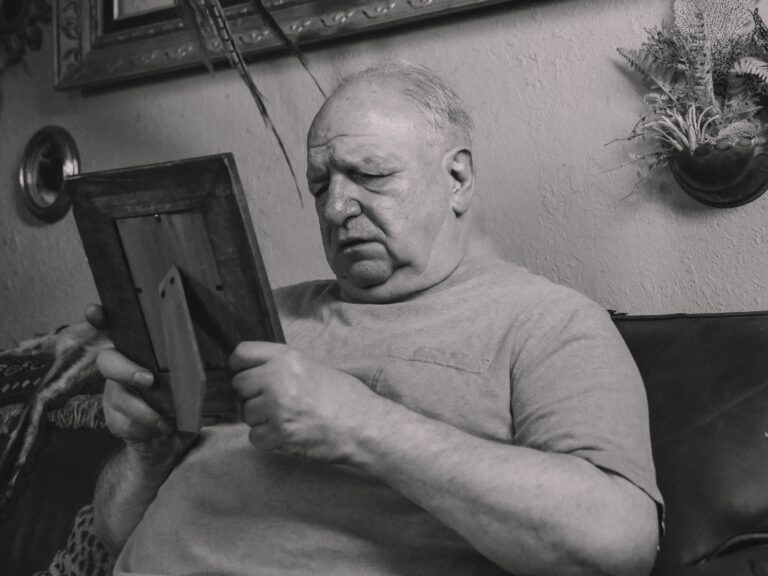
Hey there, compassionate EMTs! You’re the frontline heroes who rush to the aid of those in need, but it’s essential to understand that some patients are fighting battles beyond their immediate medical conditions. Today, we’re shedding light on what EMTs should know about senior citizens and their often hidden struggle with depression.
1. The Silent Struggle: Depression in seniors can be a silent and subtle adversary. They may not exhibit the classic signs we associate with depression, like tearfulness or sadness. Instead, it often presents as physical complaints, sleep disturbances, or cognitive decline.
2. Common Triggers: Life transitions, such as retirement, loss of a loved one, or physical health issues, can trigger depression in seniors. Loneliness and social isolation, especially in a society that increasingly values youth, can also be significant contributors.
3. Comorbidity with Medical Conditions: Seniors often battle chronic medical conditions like diabetes, heart disease, or chronic pain, which can exacerbate depression. Managing both physical and mental health becomes a complex challenge.
4. Medication Considerations: EMTs should be aware of the medications seniors are taking, as some drugs can affect mood. Additionally, the elderly are sometimes undertreated for depression, so recognizing the signs and advocating for their mental well-being is crucial.
5. Communication Challenges: Seniors may have difficulty expressing their emotions or may downplay their feelings, making it essential for EMTs to ask open-ended questions and approach the situation with empathy and patience.
6. Cultural Sensitivity: Cultural factors can impact how depression is perceived and communicated among seniors. EMTs should be culturally sensitive, recognizing that seniors from different backgrounds may have unique perspectives on mental health.
7. Assessing Risk: Assessing the risk of self-harm or suicide is essential when dealing with depressed senior citizens. EMTs should be vigilant and take appropriate steps if they suspect imminent danger.
8. Collaborative Care: Encouraging seniors to seek help from mental health professionals is vital. EMTs can play a role in connecting them to the appropriate resources and support systems.
9. Compassion and Patience: Above all, EMTs should approach senior citizens struggling with depression with compassion and patience. Sometimes, just having someone to talk to can make a world of difference.
10. Self-Care for EMTs: Dealing with the emotional complexities of senior citizens’ struggles with depression can be emotionally taxing. EMTs should prioritize self-care and seek support if needed to cope with the challenges they encounter on the job.
Remember, as an EMT, you’re not just there to provide medical care; you’re a source of comfort and support for patients of all ages, including our senior citizens who may be silently wrestling with depression. Your kindness and understanding can make a profound difference in their lives. Keep up the fantastic work, EMTs! 🚑❤️👵👴